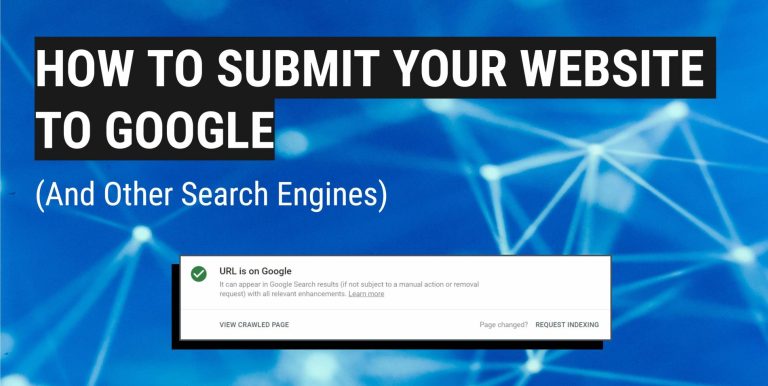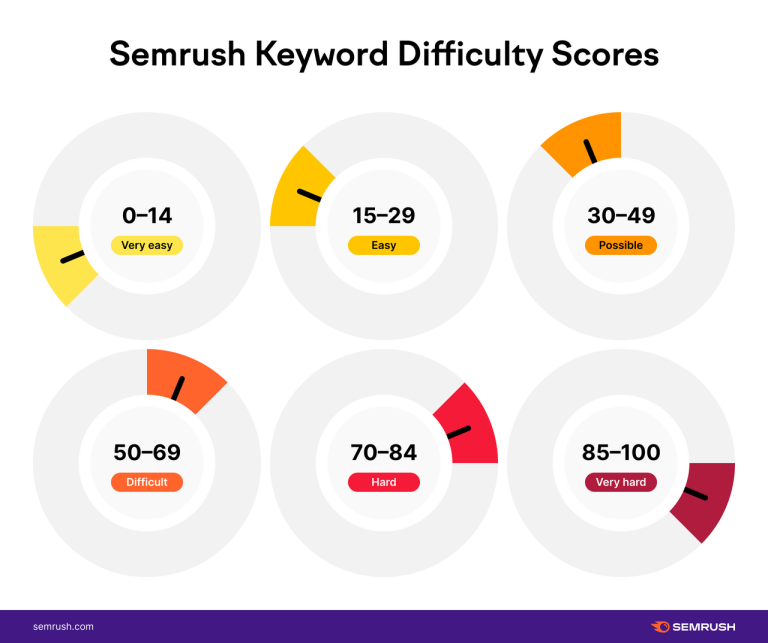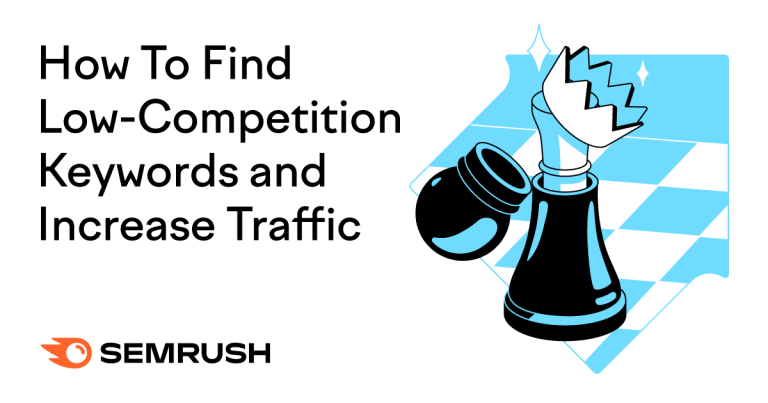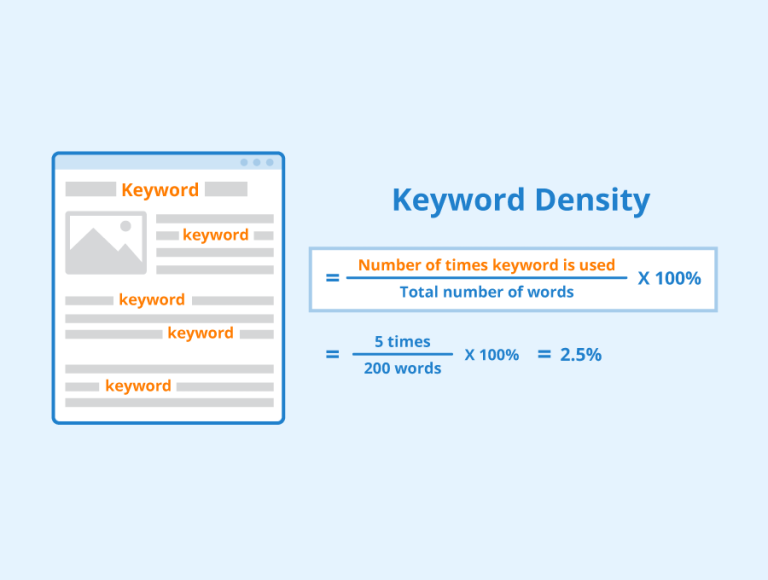There are various types of keywords, including short-tail, long-tail, geo-targeted, and LSI keywords. Each serves different purposes in SEO strategies.
Keywords are the backbone of SEO, helping websites rank higher on search engines. Short-tail keywords are broad search terms, usually one to two words, with high search volume but stiff competition. Long-tail keywords are more specific, often three or more words, and attract less traffic but convert better.
Geo-targeted keywords include location-specific terms, perfect for local SEO efforts. Latent Semantic Indexing (LSI) keywords relate contextually to the main keyword, enhancing content relevance. Understanding these keyword types enables you to craft a more effective SEO strategy, driving targeted traffic and improving search engine rankings.
Introduction To Keywords
Keywords are the backbone of any successful SEO strategy. They help search engines understand your content. Using the right keywords can drive more traffic to your website.
Role In Seo
Keywords play a crucial role in SEO. They help search engines match user queries with relevant content. When you use the right keywords, your content ranks higher.
Different types of keywords serve different purposes. Here are some examples:
- Short-tail keywords: These are usually one or two words long. They are broad and general. Example: “shoes”.
- Long-tail keywords: These are longer phrases. They are more specific. Example: “best running shoes for women”.
- LSI keywords: These are related terms. They add context to your content. Example: “sneakers”, “footwear”.
Importance For Rankings
Keywords are vital for ranking high on search engines. They help search engines understand your content’s topic.
Here are some ways how:
- Relevance: Keywords make your content relevant to search queries.
- Quality: High-quality keywords improve your content’s value.
- Competition: Targeting less competitive keywords can improve your chances.
Use keywords wisely for better rankings. Overusing keywords, known as keyword stuffing, can harm your rankings.
A balance of different types of keywords can enhance your SEO strategy.
Short-tail Keywords
Short-tail keywords are a crucial aspect of SEO strategy. These keywords are brief and usually consist of one or two words. They often have high search volumes and broad topics.
Definition
Short-tail keywords, also known as head terms, are general search terms. They typically consist of one or two words. Examples include “shoes” or “laptops”. These keywords attract large volumes of traffic.
Pros And Cons
| Pros | Cons |
|---|---|
| High search volume | High competition |
| Broad audience | Low conversion rate |
| More visibility | Less targeted |
Short-tail keywords offer high search volume. They bring in broad audiences, increasing visibility. This is beneficial for brand awareness. But, they come with high competition, making it hard to rank.
Furthermore, short-tail keywords have a lower conversion rate. This is because they are less targeted. Users searching for “shoes” might want many different things. It is challenging to meet all these needs.
Long-tail Keywords
Understanding long-tail keywords is essential for any SEO strategy. These keywords can be a game-changer for your niche market. They are specific, less competitive, and highly effective in targeting a precise audience.
Definition
Long-tail keywords are phrases that contain three or more words. These keywords are more specific than general keywords. They attract less search traffic but often have a higher conversion rate. For example, “best running shoes for flat feet” is a long-tail keyword.
Benefits For Niche Markets
Long-tail keywords are ideal for niche markets. They help you target a specific audience. Here are some benefits:
- Less competition: Fewer businesses target these keywords.
- Higher conversion rates: Specific queries lead to better matches.
- Cost-effective: Lower cost-per-click in paid campaigns.
- Better user intent: They match the user’s needs more accurately.
Using long-tail keywords can improve your site’s relevance. They help you rank higher in search engine results for specific queries. This can lead to increased traffic and sales.
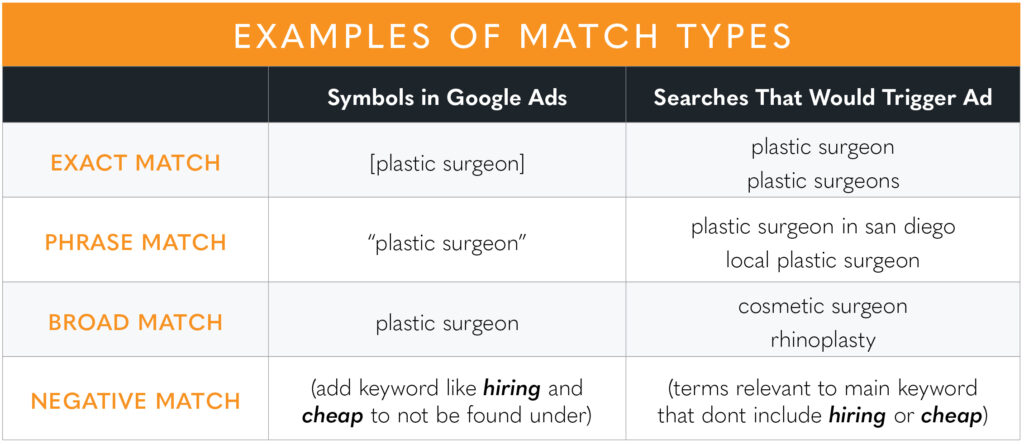
Credit: www.rosemontmedia.com
Lsi Keywords
Latent Semantic Indexing (LSI) Keywords are related words and phrases. They help search engines understand the context of your content. Using LSI keywords can improve your SEO. They make your content more relevant and comprehensive.
Understanding Latent Semantic Indexing
Latent Semantic Indexing is a method used by search engines. It identifies patterns and relationships between words. LSI helps search engines provide more accurate results. For example, if you write about “Apple,” LSI keywords could be “fruit,” “iPhone,” or “MacBook.”
LSI keywords are not just synonyms. They are contextually related terms. They help clarify the meaning of your main keyword. This makes your content more understandable to both users and search engines.
Impact On Seo
Using LSI keywords can significantly boost your SEO. They help search engines understand your content’s context. This can lead to higher rankings. Your content becomes more comprehensive and relevant.
Here are some benefits of using LSI keywords in your SEO strategy:
- Improves Content Relevance: LSI keywords make your content more relevant.
- Enhances User Experience: Users find your content easier to understand.
- Reduces Bounce Rate: Relevant content keeps users on your page longer.
- Boosts Search Rankings: Search engines reward contextually rich content.
By integrating LSI keywords, your content becomes more robust. It meets the needs of both users and search engines.
Branded Keywords
Understanding branded keywords is essential for businesses. These keywords can boost your brand’s visibility and drive specific traffic to your website.
Definition
Branded keywords are search terms that include a company’s name or brand. They are unique to your business and differentiate you from competitors.
Examples And Uses
Here are some examples of branded keywords:
- Apple iPhone
- Nike running shoes
- Starbucks coffee
Branded keywords are useful in several ways:
- They help you attract customers specifically looking for your products.
- They improve brand recognition and loyalty.
- They increase the chances of conversion since the search intent is high.
Using branded keywords effectively can significantly impact your business growth. They draw in users already familiar with your brand, leading to higher engagement and sales.
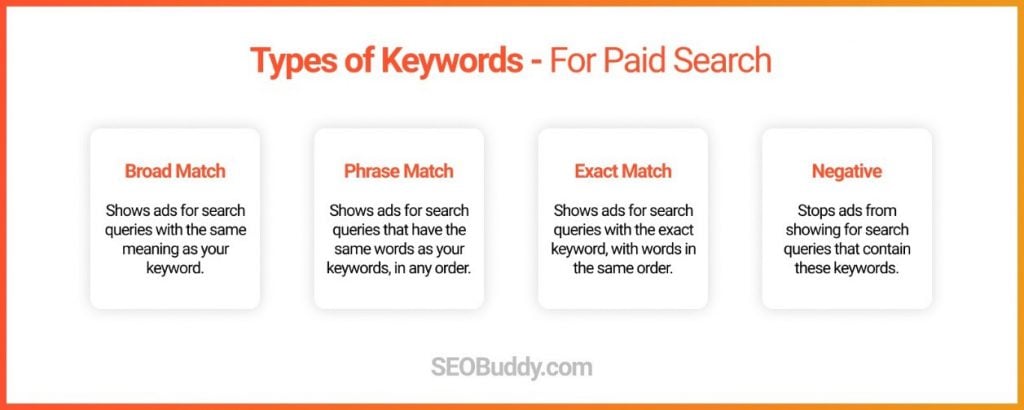
Credit: seobuddy.com
Non-branded Keywords
Understanding different types of keywords is crucial for effective SEO strategies. One essential category to master is Non-Branded Keywords. These keywords can significantly enhance your site’s visibility. They don’t reference any specific brand name.
Definition
Non-Branded Keywords are search terms that don’t include brand names. They are generic and focus on the product, service, or topic. For example, “running shoes” is a non-branded keyword, while “Nike running shoes” is branded.
How To Identify
Identifying non-branded keywords involves several steps:
- Use keyword research tools like Google Keyword Planner or SEMrush.
- Look for keywords that describe your product or service.
- Ensure these keywords don’t include any brand names.
Here’s a quick example to clarify:
| Keyword | Type |
|---|---|
| Best smartphones | Non-Branded |
| iPhone 13 reviews | Branded |
Focusing on non-branded keywords can attract a broader audience. These users may not be familiar with your brand yet. This strategy helps in expanding your reach effectively.
Geo-targeted Keywords
Geo-targeted keywords are specific to a geographic location. These keywords help businesses attract local customers. They are vital for small businesses that serve a specific area.
Local Seo Importance
Local SEO is crucial for attracting nearby customers. It helps your business appear in local search results. People often search for services near them. Using geo-targeted keywords ensures you show up in these searches.
For example, a bakery in New York should use keywords like “best bakery in New York.” This helps people in New York find the bakery easily. Local SEO increases foot traffic and sales.
How To Use Effectively
Effective use of geo-targeted keywords involves proper placement. Use these keywords in:
- Title Tags
- Meta Descriptions
- Headings and Subheadings
- Content Body
- Image Alt Text
Consider this example table for clarity:
| Element | Example |
|---|---|
| Title Tag | Best Bakery in New York |
| Meta Description | Find the best bakery in New York for fresh bread. |
| Heading | Top Bakeries in New York |
| Content Body | Our bakery in New York offers fresh and delicious bread. |
| Image Alt Text | Fresh bread at our New York bakery |
Follow these tips for maximum effectiveness:
- Research and use the most relevant geo-targeted keywords.
- Ensure the keywords fit naturally into the content.
- Update your keywords as trends and locations change.
Transactional Keywords
Understanding the different types of keywords is crucial for effective SEO. One of the most important types is transactional keywords. These keywords indicate a strong intent to make a purchase or perform a specific action. They are vital for driving conversions and increasing sales.
Definition
Transactional keywords are search terms used by users ready to buy. They often include words like “buy,” “order,” “purchase,” or “deal.” These keywords signal a clear intent to complete a transaction.
Role In Conversion
Transactional keywords play a crucial role in conversion. They attract users who are ready to make a purchase, thus increasing the likelihood of a sale. These keywords are essential for ecommerce sites and businesses that rely on online sales.
| Keyword | Intent |
|---|---|
| Buy Nike shoes | Purchase |
| Order pizza online | Order |
| Best laptop deals | Find Deals |
- High conversion rate: Users ready to buy use these keywords.
- Targeted audience: Reach users with a clear intent to purchase.
- Increased sales: Directly contribute to revenue.
Optimizing for transactional keywords can significantly boost your sales and conversion rates. Focus on these keywords to capture users who are ready to act.
Informational Keywords
Informational Keywords are search terms used when users seek information on a topic. These keywords are crucial for content marketing strategies aiming to educate and inform. By targeting these keywords, you can attract users at the research stage of their journey.
Purpose
The primary purpose of informational keywords is to provide answers and educate users. They don’t usually imply a buying intent. Users search with these keywords to learn more about a specific topic or solve a problem.
| Keyword Type | Purpose |
|---|---|
| Informational Keywords | To provide information and answer questions |
Content Strategy
To effectively use informational keywords, create content that directly answers common questions. Aim to be concise and informative. Use simple language to ensure clarity.
- Write blog posts that address specific questions.
- Create how-to guides and tutorials.
- Develop FAQ sections on your website.
Break your content into short, digestible sections. Use bullet points and subheadings for easy navigation.
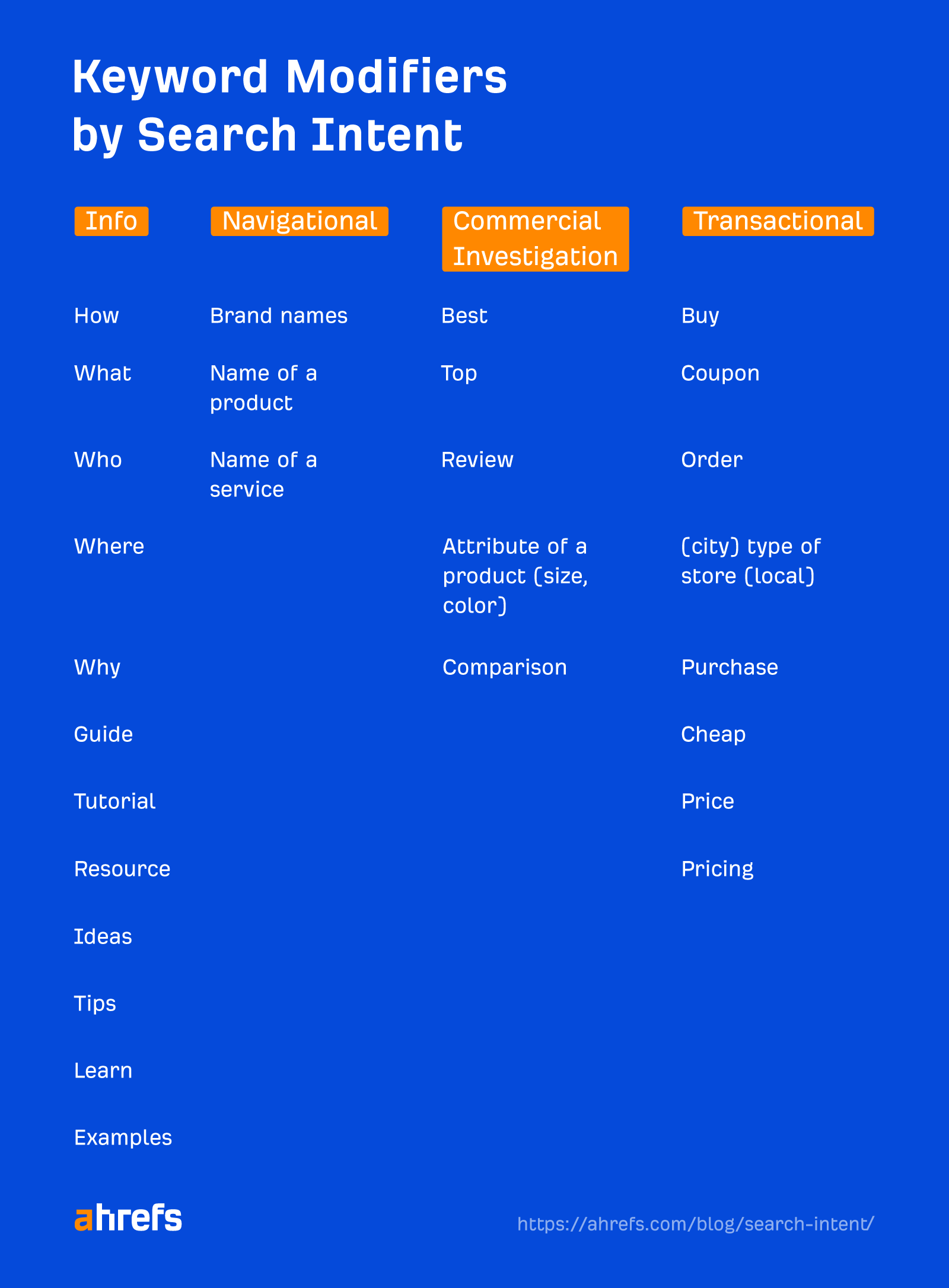
Credit: ahrefs.com
Navigational Keywords
Understanding navigational keywords is crucial for effective SEO strategies. These keywords direct users to specific websites or web pages. They often include brand names or specific website functions. Let’s dive deeper into what navigational keywords are and their use cases.
Definition
Navigational keywords are search terms used to find a specific website or page. Users type these keywords with the intent to navigate directly to a particular site. For example, “Facebook login” or “YouTube homepage” are navigational keywords.
These keywords usually include:
- Brand names
- Product names
- Specific web pages
People use navigational keywords when they already know where they want to go. They are not searching for new information but trying to reach a known destination.
Use Cases
Navigational keywords are particularly useful for branded searches. Here are some common use cases:
| Use Case | Example |
|---|---|
| Homepage Access | “Amazon homepage” |
| Login Pages | “Gmail login” |
| Customer Support | “Netflix customer service” |
Businesses should optimize their pages to appear for these keywords. This helps in capturing direct traffic effectively. Ensuring your website ranks high for navigational keywords can improve user experience and brand loyalty.
To summarize, navigational keywords are all about directing users to a specific place. They are essential for achieving high relevance in search results for branded queries.
Frequently Asked Questions
What Are Primary Keywords?
Primary keywords are the main terms that define your content. They are essential for SEO and should be used strategically. These keywords help search engines understand your page’s topic and improve its visibility.
What Are Secondary Keywords?
Secondary keywords complement primary keywords by providing additional context. They help in capturing more varied search queries. Including secondary keywords enhances the relevance and depth of your content.
What Are Long-tail Keywords?
Long-tail keywords are specific and less competitive phrases. They usually consist of three or more words. These keywords attract targeted traffic and often have higher conversion rates due to their specificity.
What Are Short-tail Keywords?
Short-tail keywords are broad and highly competitive terms. They typically consist of one or two words. While they attract more traffic, they are often harder to rank for due to high competition.
Conclusion
Understanding different types of keywords is crucial for effective SEO. Use short-tail for broad reach, long-tail for specificity. Focus on intent-based keywords to match user needs. Regularly update and analyze your keyword strategy. This will improve your website’s visibility and drive targeted traffic.
Start optimizing today for better search engine rankings.

